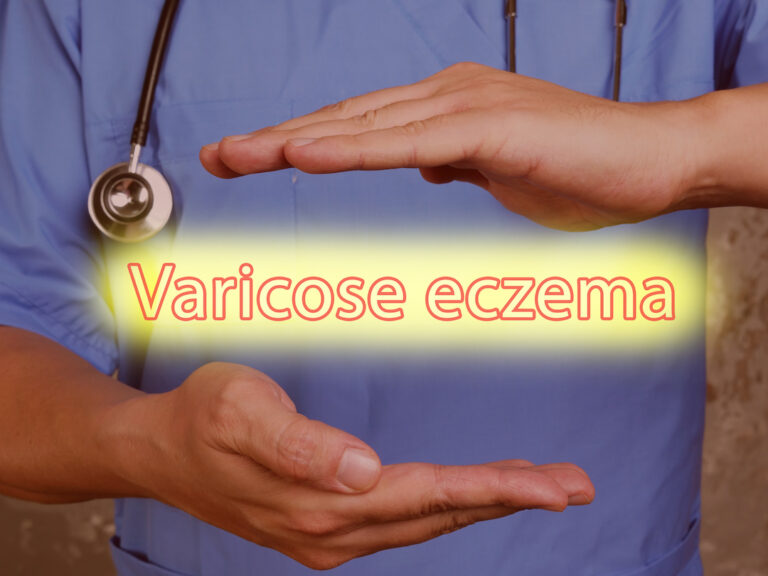Genetics of Varicose Veins: The Indispensable Guide to Understanding Family History and Risk Factors
 Introduction
Introduction
Genetics. It’s the building block that dictates so much about us, from our hair color to our risk for certain diseases. But did you know that your family history could also influence whether or not you develop varicose veins? In this guide, we’re peeling back the layers on how your family’s medical history can play a crucial role in your own vascular health.
What Are Varicose Veins?
Imagine turning on a garden hose only to find that it’s twisted and swollen in certain places. That’s essentially what varicose veins are like—distorted veins that have become enlarged due to dysfunctional blood flow.
Symptoms of Varicose Veins
- Pain or heaviness in the legs
- Dark purple or blue veins
- Bulging veins
Lesser-Known Symptoms
Besides the obvious, some people also experience skin discoloration, ulcers, and a burning or throbbing sensation in their legs.
Causes of Varicose Veins
Like a detective hunting for clues, understanding the causes of varicose veins can give you an edge in preventing them.
- Aging
- Hormonal changes, especially in women
- Obesity
- Lack of movement
Varicose Veins Family History: The Genetic Connection
Why does Uncle Joe and half your cousins have varicose veins? It’s more than a mere coincidence. Genetics can have a substantial influence on your likelihood of developing varicose veins.
Studies Confirming Genetic Influence
When we talk about genetics, we’re not just throwing around buzzwords. Actual scientific research confirms that genetics can influence the likelihood of developing varicose veins. Studies have found a heritability estimate ranging between 17% and 60%.
How Genetics Affect Varicose Veins Family History
Inherited Traits That Increase Risk
- Weaker vein valves
- Increased tendency for blood clotting
- Elasticity of vein walls
Genetic Markers
Research is currently underway to identify specific genetic markers associated with varicose veins. These markers could provide more precise ways to determine risk levels.
Lifestyle vs. Genetics
While you can’t choose your family, you can choose how you live your life. This section explores how lifestyle factors intertwine with genetic predispositions.
How Lifestyle Can Influence
Let’s say you love binge-watching TV shows. We get it, who can resist a good binge? However, sitting for long periods can exacerbate the risks already posed by your genetics.
Why Genetics Are Still Relevant
Even if you’re the epitome of health, running marathons and eating all your veggies, if your genes are wired for varicose veins, there’s still a chance you’ll get them.
Combined Risks
Genetics and lifestyle often work together in complex ways, heightening your risk when both are unfavorable.
How to Know if You’re at Risk
Knowledge is power, they say. And in this case, knowing your family history and the signs to look for can give you a headstart in prevention.
Talking to Family
Your family’s health history is like a treasure trove of clues about your own health. Asking your relatives about their experiences with varicose veins can give you a clearer picture of your own risks.
Medical Tests for Assessing Risk
Types of Tests
- Genetic Testing
- Ultrasound Scans
- Doppler Tests
What Do Test Results Mean?
If your test results indicate you’re at high risk, don’t panic. It’s not a death sentence but a nudge to take preventative steps.
Preventative Measures
Yes, there’s light at the end of the tunnel! Prevention is not only possible but also manageable.
Lifestyle Changes
- Regular exercise
- Maintaining a healthy weight
- Dietary adjustments
Medical Interventions
- Compression stockings
- Sclerotherapy
- Laser treatments
When to Seek Medical Advice
If you’ve noticed symptoms or have a family history of varicose veins, consult a healthcare provider for personalized advice.
Treatment Options
Already got ’em? No worries, modern medicine has come a long way and offers a variety of treatments for varicose veins.
Non-surgical Treatments
- Laser therapy
- Endovenous ablation therapy
Surgical Treatments
- Vein stripping
- Ambulatory phlebectomy
- Endoscopic vein surgery
Conclusion
Family history is an essential piece of the puzzle when it comes to varicose veins, but it’s not the only one. Armed with the right knowledge and proactive steps, you can outsmart your genetics—or at least give them a run for their money.
Frequently Asked Questions
- What are varicose veins?
- How can I know if I’m genetically predisposed?
- Do lifestyle changes help in prevention?
- What are the treatment options?
- Can children inherit varicose veins?







